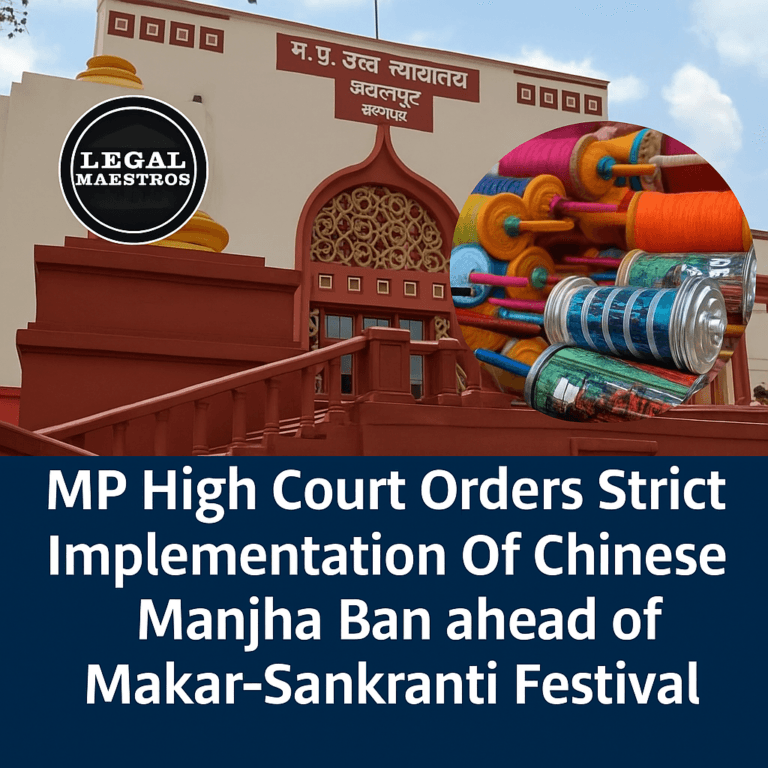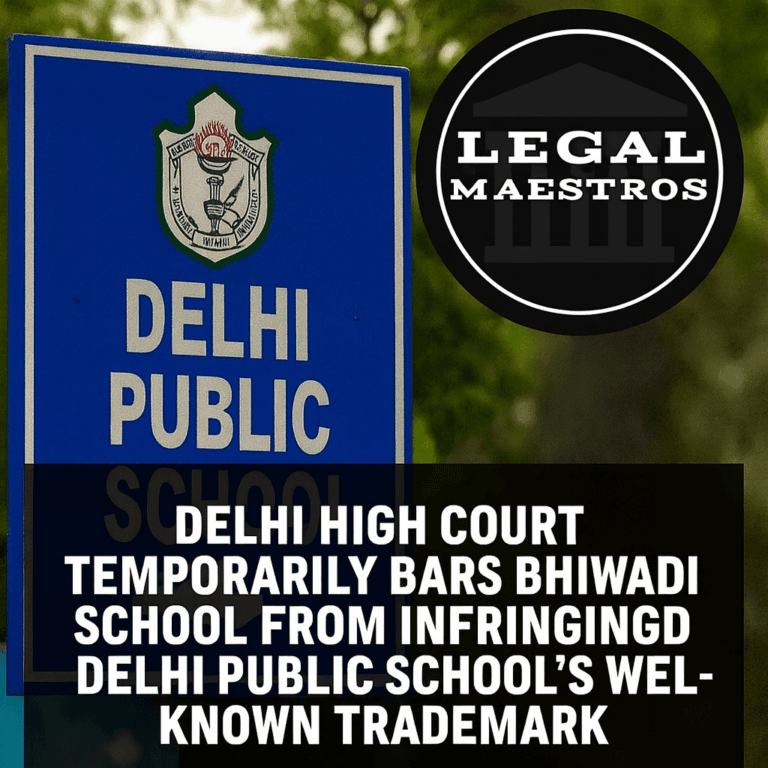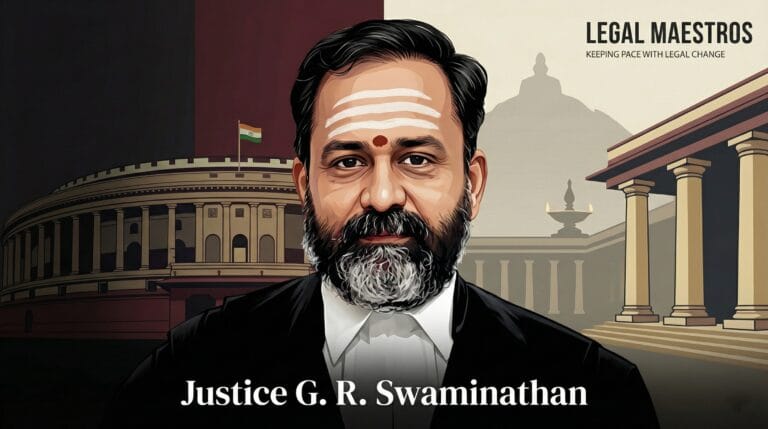High Court Cancels Mohanlal’s Ivory Ownership Certificates
To his great disappointment, the high court of Kerala has revoked ownership certificates issued to celebrated Malayalam actor Mohanlal to the possession of the elephant tusks. One Division Bench of the court ruled the certificates illegal and unenforceable. This decision is the result of a longstanding courtship over ivory pieces discovered in the house of the actor over ten years ago.
According to the bench, however, the state government has the liberty of making a new notification. In case it wishes to do so, this new notification should be in full compliance with the correct legal procedures as required by the Wildlife (Protection) Act, 1972.
The case is the most recent phase in a scandal that started back in 2011. The case has undergone many ups and downs that includes an effort by the government to drop the charges against the actor. The ruling of the High Court invalidating the legal protection which Mohanlal had on the ivory throws open the case to further legal examination and the ball is again on the court of the state government.
For any queries or to publish an article or post or advertisement on our platform, do call at +91 6377460764 or email us at contact@legalmaestros.com.
At the moment of time, the legal rights of the actor to the ownership of the elephant tusks are null. The decision is a major triumph that the petitioners made against the special treatment given to Mohanlal. It highlights the importance of adhering to the required legal steps particularly in such sensitive cases as law of wildlife protection.
The Origins of the Ivory Case
The case is traced back to 2011 when Income Tax Department organized a raid in the residence of Mohanlal in Thevara, Kochi. In this raid, officers found 2 sets of elephant tusks, and other items of ivory. The actor was allegedly not in possession of valid ownership certificates required by the law to be in possession of such items at the time of the seizure.
The state government later in the years made orders that enabled the actor to announce that he owned the items. Thereafter, in 2016 the Principal Chief Conservator of Forests gave certificates of ownership to Mohanlal. This action was a de facto regularization of his ownership of the ivory; once this was done, controversy and charges of favoritism quickly ensued.
The actor has insisted that the ivory was obtained legally and it was not a poached elephant. His advices have contended that the problem was a simple lapse in documentation that was technical. It was however the decision to award a retrospective certificate on such a high profile person, on items that were obtained during a raid, that formed the basis of the legal challenge.
The Legal Challenge and Petitioners
The move by the state government to issue ownership certificates to Mohanlal was not received without challenges. Two different Public Interest Litigations (PILs) were submitted, and orders of government canceled. The petitioners named James Mathew who is a former Forest Officer and the other named Paulose A.A. are the residents of Ernakulam.
The petitioners believed that the issuance of the certificates was illegally done, in collusion with the actor and was in the plain view of the Wildlife (Protection) Act. They argued in their plea that the government lacked the authority to issue such a retrospective certificate, particularly in a situation where criminal case on illegal possession was in progress against the actor before a magistrate court in Perumbavoor.
Their main point was that the government had not been using the necessary procedures listed in the Act. Particularly, any announcement on the applicable section of the act, which provides that the government should grant immunity to the possession of such articles, should be posted on the Official Gazette. The petitioners indicated that this is one of the most important actions which was not taken.
They further emphasized the fact that no case was registered regarding the 13 other ivory artifacts that were discovered to be found at the residence of the actor, on top of the two pairs of tusks. The PILs tried to bring the state to book on what they termed as a legal mala fide, or a bad faith exercise in the exercise of its authority on behalf of a celebrity not according to the due process of law.
The High Court’s Decisive Ruling
Division Bench of the Kerala High Court consisting of Justice A.K. Jayasankaran Nambiar and Justice Jobin Sebastian concurred with the primary point of view of the petitioners. The court identified that there was a significant procedural defect in the activities of the government. The state had acknowledged that actually the notifications under which Mohanlal was authorized to possess had never been published in the official gazette.
The state government had claimed that it was enough to highlight the notifications by other ways like the press. This argument was overturned by the High Court. The bench noted that the authority to confer immunity with regards to possession of articles of wildlife is a special power that should be exercised in a stringent way as required under the Act. Not being published in the gazette made the orders void ab initio, or invalid at the first instance.
Due to this lapse of procedure, the court held the government orders of 2015 and 2016, and the following ownership certificates that Mohanlal was issued with, as illegal and legally unenforceable. In the case, the court ruled that where a statutory power is not employed in the way in which the law specifies, it amounts to the power not being exercised whatsoever.
Interestingly, the court never even commented on the other claims put forward by the petitioners, including the claims of collusion, or the exercise of the power. Judges observed that finding anything on those questions would be prejudicial against the actor during the criminal proceedings, which are yet to be completed against him in the magistrate court.








